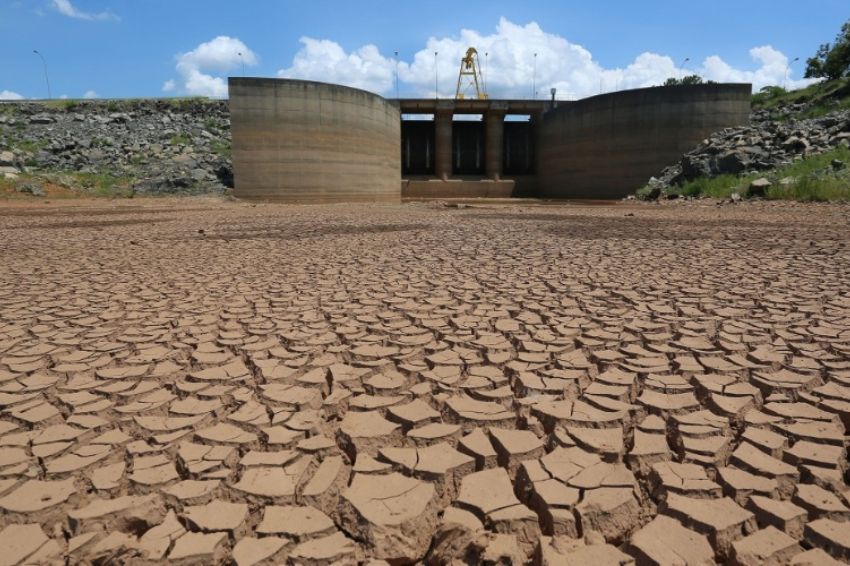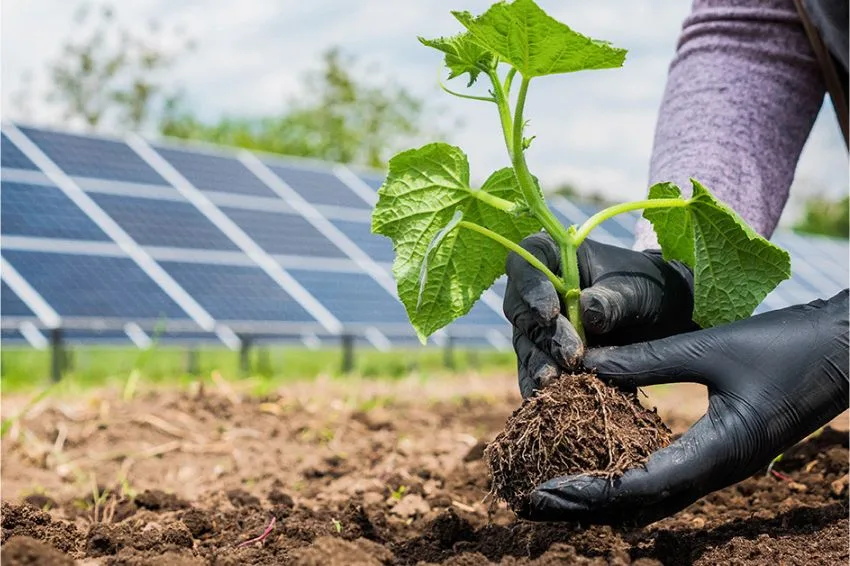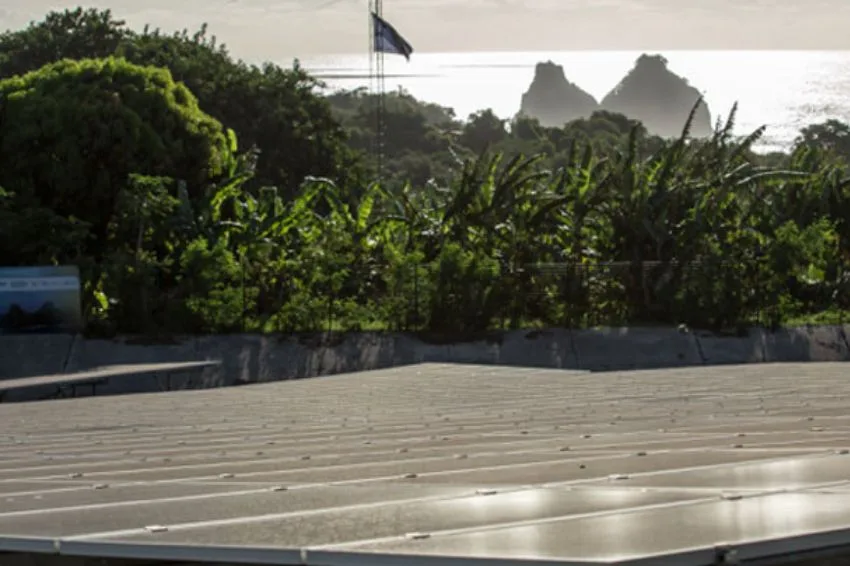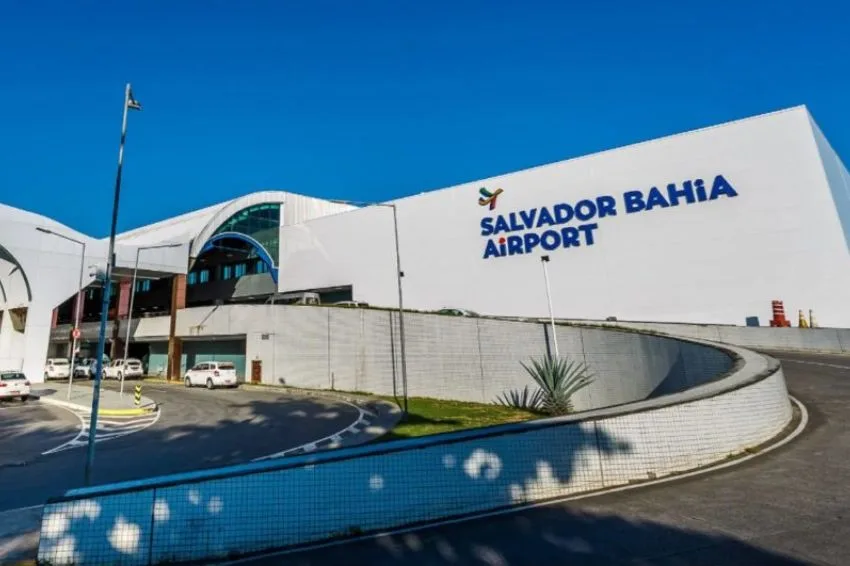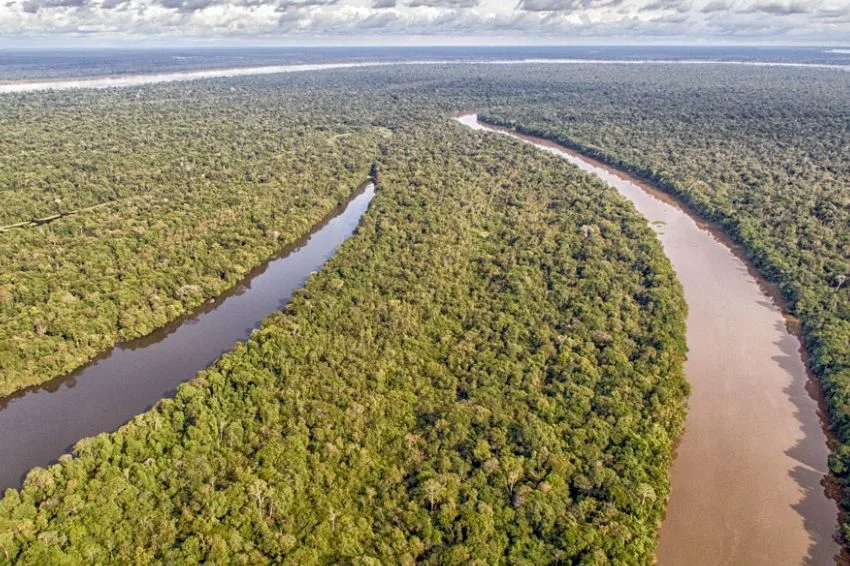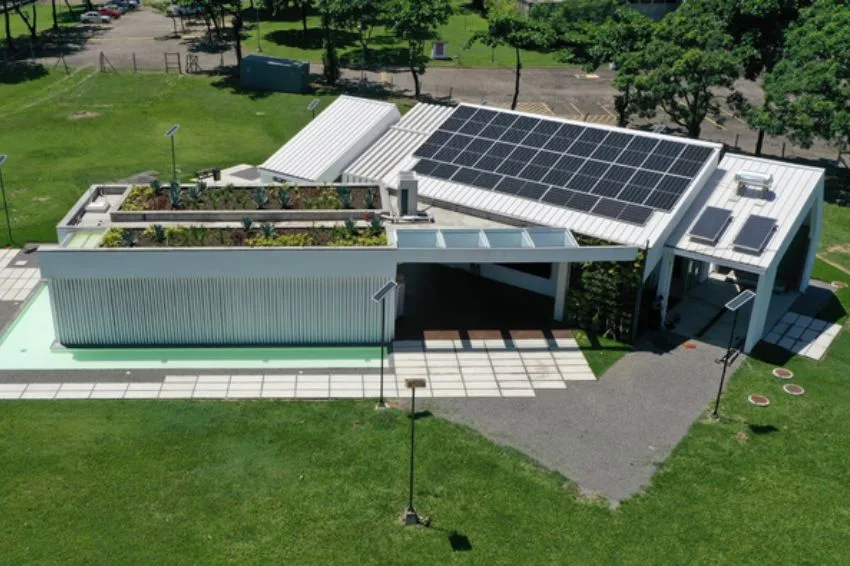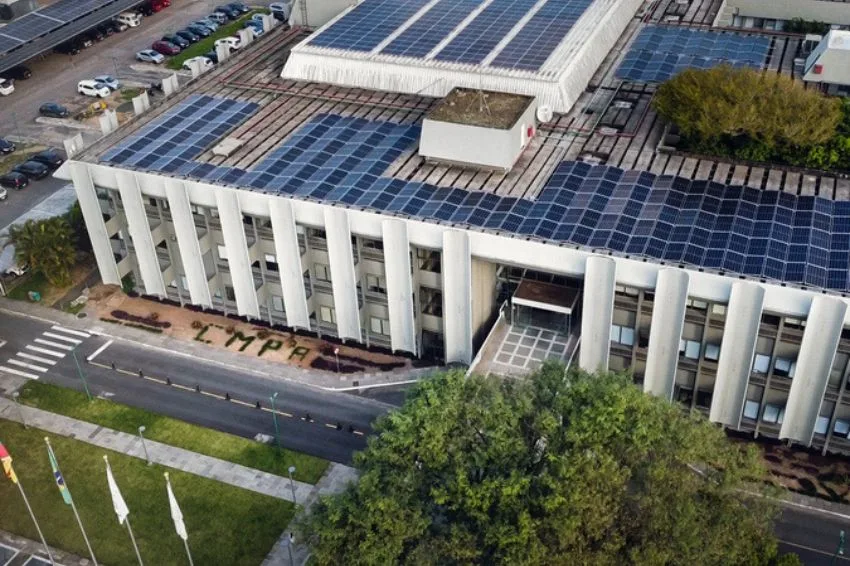The recent water crises experienced in Brazil show how the national electrical system, responsible for 10% of global hydroelectric production, is vulnerable to climate change.
By not adequately considering climate changes, national electrical planning is relying on an energy resource, represented by the history of rainfall, which may not occur, forcing decision-making to be made. emergency measures that increase the cost and pollute the electrical matrix, as seen in 2021 water crisis.
According to the study “Vulnerabilities of the Brazilian Electricity Sector in the Face of the Global Climate Crisis”, launched by the Clean Energy Coalition, Brazil still does not have a concrete policy to face the impacts of climate change on its electrical system.
Although the Brazil is a country that leads the energy transition for having a 83% Renewable Electrical Matrix, the production of electrical energy is very dependent on hydrology, since 60% of the energy produced comes from hydroelectric plants.
When there is a shortage of rain, as in 2021 (the worst water crisis in the last 91 years), the solution adopted is to activate or contract new thermoelectric plants, almost always powered by imported natural gas – an investment that goes against global emissions reduction policies. of greenhouse gases.
Another measure adopted by Brazil is to increase investments in energy transmission and distribution lines and systems, in order to maximize the use of energy resources.
However, this policy results in greater costs for the population, which impacts social and economic development. The sector's challenge, therefore, is to be more climate resilient without polluting the electrical matrix or transferring costs to consumers.
According to the study, it is urgent to build a new model for the electricity sector, with the best option being a hydro-solar-wind system, in contrast to the current hydro-thermo-wind system.
This would allow the reduction of electricity costs and greater global competitiveness of Brazilian products, which, in turn, would contribute to the recovery of the economy and the reduction of social inequalities.
Among the solutions highlighted in the study are:
- A interruption of investments in new hydroelectric plants, especially if they are run-of-river plants, such as HPP Tapajós, scheduled for after 2030;
- To apply more resources for matrix diversification, not only investing in wind and solar, but also in new technologies such as storage (batteries), green hydrogen, reversible hydroelectric plants and distributed systems, such as distributed solar generation;
- Encourage research into energy storage technologies;
- Prepare a resilience plan for the SIN (National Interconnected System) considering the generation, transmission and distribution segments; It is
- Consider the addition of new fossil thermoelectric plants only on an emergency and temporary basis.
The document was prepared by researchers José Wanderley Marangon Lima, volunteer full professor at UNIFEI (Federal University of Itajubá), MC&E consultant and R&D Secretary at INEL; José Antonio Marengo, general coordinator of Research and Modeling, at the National Center for Natural Disaster Monitoring and Alerts (Cemaden); and Lincoln Muniz Alves, researcher at INPE (National Institute for Space Research) and Lead Author of the Sixth Assessment Report of the IPCC (Intergovernmental Panel on Climate Change), at the request of ClimaInfo.
The Clean Energy Coalition is formed by Idec (Brazilian Institute for Consumer Protection), Instituto ClimaInfo, IEMA (Institute of Energy and Environment), INESC (Institute of Socioeconomic Studies), Instituto Internacional Arayara and Instituto Pólis.


